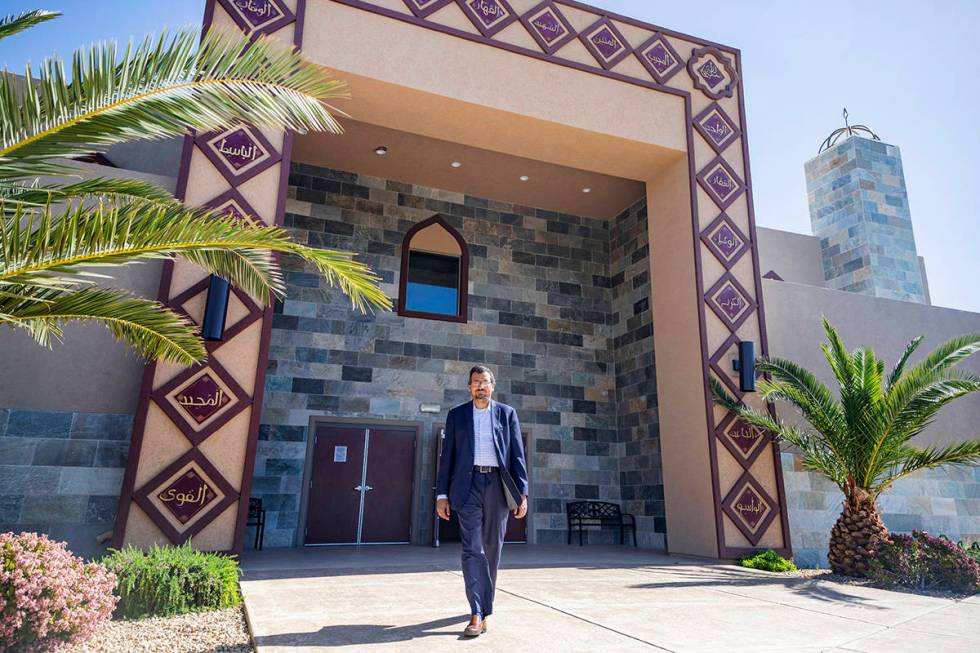Coronavirus alters observance, but not meaning, of Ramadan

Ramadan, which begins Thursday evening, usually is observed with fasting, prayers, spiritual reflection and gathering with others at the end of each day for a meal.
But the coronavirus pandemic, which has upended so many societal and sacred norms, will constrain the communal aspects of the monthlong observance.
Even so, Southern Nevada imams say that, despite stay-at-home orders and closed mosques, Ramadan still has lessons to teach.
Ramadan, the ninth month of the Islamic calendar, runs from Thursday through sunset on May 23. Muslims believe Islam’s scripture, the Quran, was revealed to the prophet Muhammad during Ramadan. So during the month, Muslims don’t drink or eat each day between sunrise and sunset.
Muslims also refrain from physical relations and negative behaviors and perform acts of charity during Ramadan. Shamsuddin Waheed, imam at Masjid Ibrahim, said some Muslims also avoid radio, TV and other worldly distractions and read the entire Quran throughout the month, all to “attain a stronger awareness of the presence of God.”
Fateen Seifullah, imam at Masjid As-Sabur, calls Ramadan “kind of like a reboot spiritually. Its primary goal is for the individual to enrich himself spiritually, to become aware of things they may have neglected over the course of the year, among them the needs of others.”
“Because we are fasting, we are able to identify with those who go without food year-round and (fasting) basically makes us more appreciative of what God has given us,” Seifullah added.
While fasting, prayer and spiritual renewal will remain key elements of Ramadan this year, mosques are closed to public prayer, and shared end-of-fast meals at mosques have been canceled. These social and cultural elements of Ramadan are “powerful,” Seifullah said.
“You really go (to mosques) to be around other people who are doing what you’re doing,” he said, and some probably will find their absence this year “challenging, and in some ways heartbreaking.”
Still, being unable to follow some traditional practices this year is “making people become more focused on the core reason behind (them) in the first place,” Waheed said.
“I sense that a lot of the things we normally do, the secondary things, are removed now, so we have to focus on the primary goal” of reconnecting with God, Waheed said.
The pandemic also has “made people realize the value of their spirituality,” Waheed said. “A perfect example is the mosque itself. So many people have called and left messages saying they miss coming to the mosque and are anxious for us to reopen. Before, it was something they didn’t realize was important in their own lives.”
The health crisis has other lessons to offer during Ramadan.
“I think all of us could be reminded how fragile life is,” Seifullah said. “We should remember how easily things could be taken from us and how grateful we should be.
“This time of year demands us to be patient and to reboot and connect with God,” he said, and “this time of being separated from people gives us an opportunity to for rediscovering God for ourselves.”
Contact John Przybys at jprzybys@reviewjournal.com or 702-383-0280. Follow @JJPrzybys on Twitter.